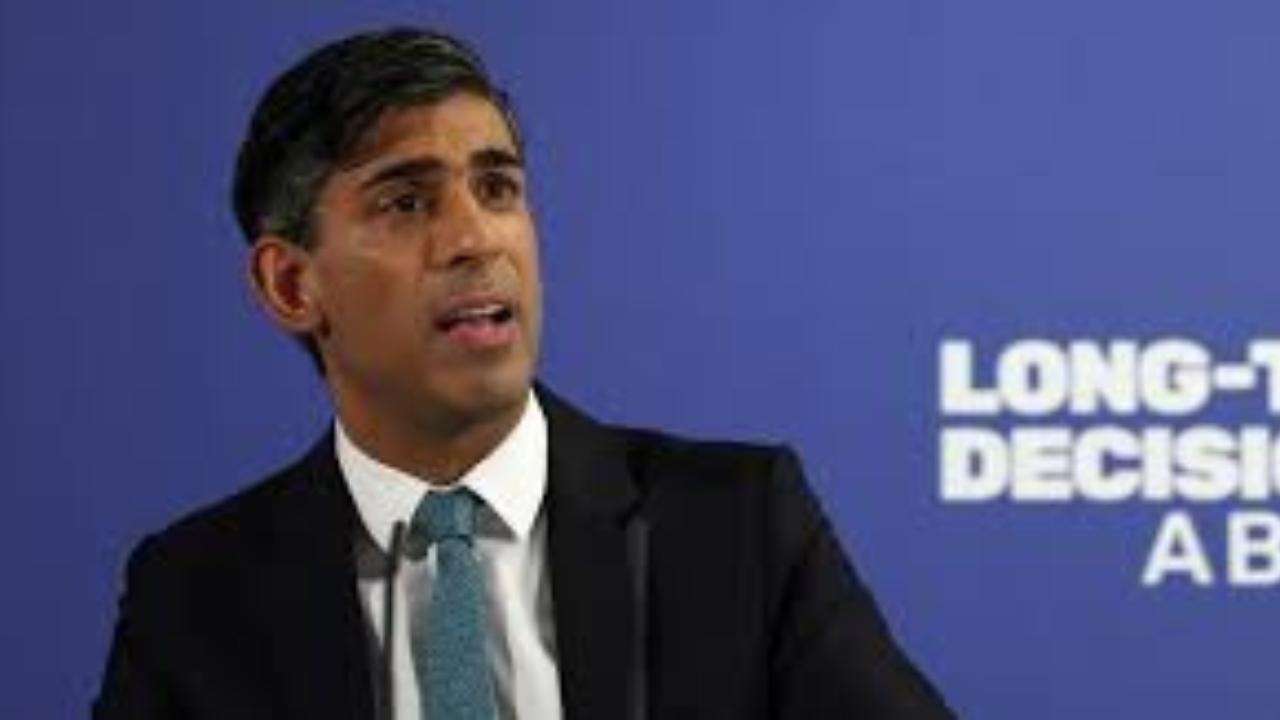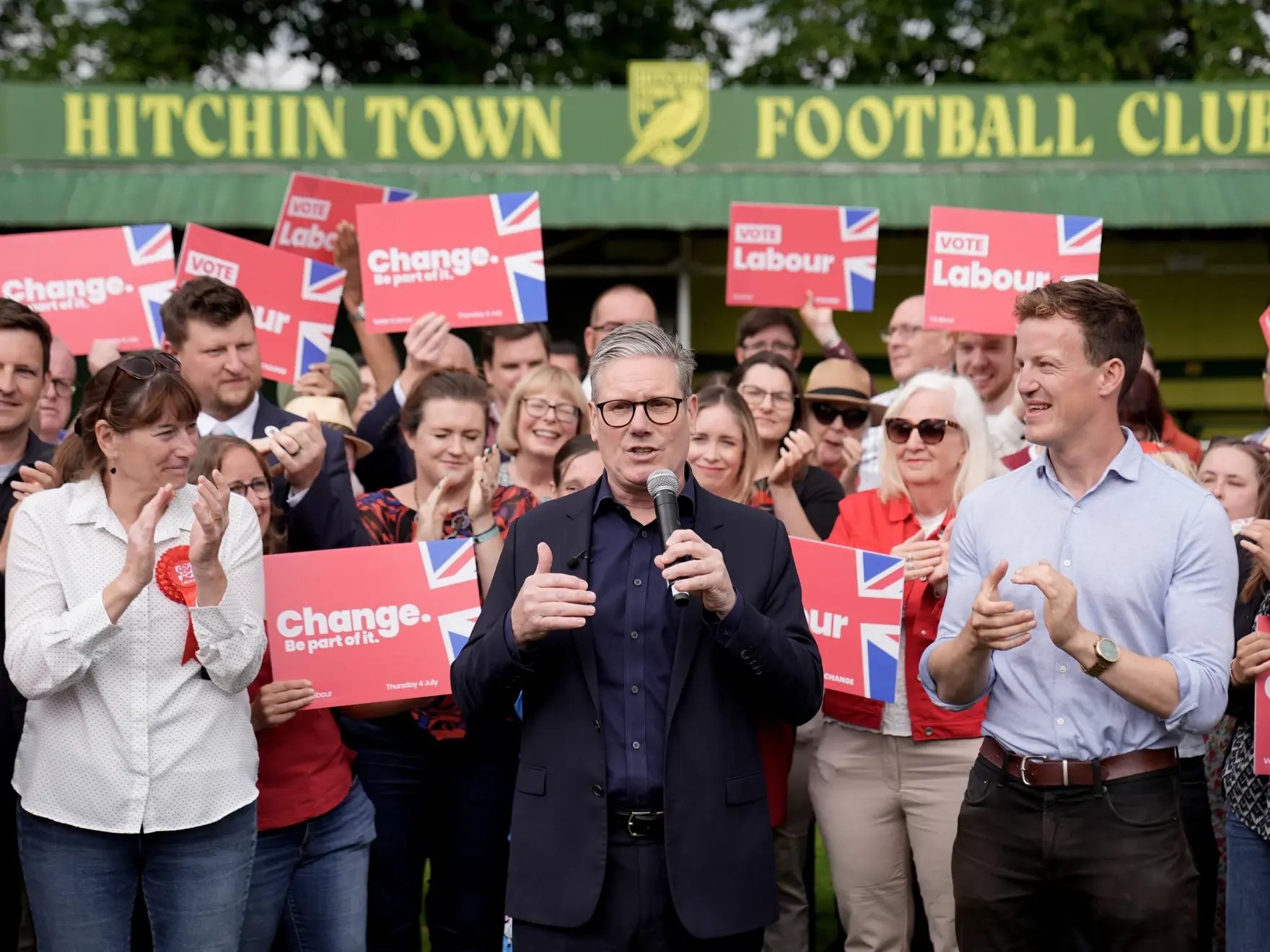As the final full day of general election campaigning approaches, party leaders are restating their key arguments to voters.
The Conservative Party gathering was addressed by Prime Minister Rishi Sunak, who pledged to "fight for every vote" and said the poll's outcome on Thursday was not a "foregone conclusion".
He appeared alongside Boris Johnson - the former prime minister's first appearance on the campaign trail - to repeat warnings of a Labour "supermajority".
Sir Keir Starmer said a big majority for Labour would be "better for the country", as it would give him a mandate to "seriously change" it.
But he also sought to play down expectations for how quickly some things might change if Labour wins power, as all the polls predict.
Johnson enters campaign
The Conservatives, who began the campaign with a big polling deficit, have been warning since mid-June that a landslide Labour win could grant the party a "supermajority".
It was a message Mr Sunak repeated at a party rally in London on Tuesday evening, adding that a vote for the Tories was a "vote for lower taxes".
But the event was notable for Mr Johnson's late intervention in the campaign.
"When Rishi asked me to come and help of course I couldn't say no," he told party supporters.
He warned a "gigantic Labour majority pregnant with horrors" would see the party introduce “ever higher taxes” and "more wokery" in schools.
He also urged Tory voters not to vote for Nigel Farage's Reform UK, adding this would "usher in" a Labour government.
He also criticised Mr Farage for his claim that the West provoked Russia's invasion of Ukraine, urging activists: “don’t let the Putinistas deliver the Corbynistas”.
But Mr Sunak saw his campaign strategy savaged by Suella Braverman, whom the prime minister sacked as home secretary in 2023, and who said the Tory vote was "evaporating from both Left and Right" and the contest was "over".
Ms Braverman, who has been seen as a potential future Tory leadership candidate, wrote in the Telegraph that her party was "haemorrhaging" votes to Reform UK "because we failed to cut immigration or tax".
She added that Reform UK's rise in opinion polls at the expense of her party was "predictable, avoidable and is entirely our own fault," likening Tory ministers attacking Mr Farage to "a patient berating the doctor for the illness".
"Millions of traditional Tory voters are not wrong. In house after house, lifelong Conservatives are furious with our party," she wrote.
She also argued that her party was not in a strong position to criticise Reform over racist comments made by some within its ranks.
She added that "cries of hurt and anger look less powerful" when her party had accepted money from donor Frank Hester, who was accused earlier this year of saying Labour's Diane Abbott made him "want to hate all black women".
Mr Hester apologised for making "rude" comments about Ms Abbott, but said his remarks "had nothing to do with her gender nor colour of skin".
Elsewhere in the campaign:
- Lib Dem leader Sir Ed Davey took a surf lesson in Cornwall in his latest election stunt, as he toured target seats in south-west England where he said the Tories had "taken voters for granted"
- SNP leader and Scottish First Minister John Swinney urged his party's supporters to turn out on Thursday, adding some races with Scottish Labour could be decided by a "handful of votes"
- Reform UK candidate Georgie David suspended her campaign and defected to the Conservatives, adding the “vast majority” of her fellow candidates in the party are “racist, misogynistic and bigoted”
- Reform leader Nigel Farage rejected this, but admitted his party had had "teething problems" with selecting candidates because it was a "start up"
Meanwhile, Sir Keir sought to shrug off Tory attacks over remarks he made in a radio interview that he would would try not to work after 6pm on Fridays if he enters Downing Street, in order to spend time with his family.
Mr Sunak took a swipe at the Labour leader over the comments, telling reporters: "I haven't finished at six ever."
But Sir Keir said the attack was "laughably pathetic," adding he tries to protect the time "as best I can" but he acknowledged it would be "really difficult" to do so as prime minister.
Sir Keir also told the BBC that a Labour government would "in all likelihood" need to continue releasing prisoners early to ease overcrowding in prisons.
The Labour leader said he would not be able to "magic up a new prison on Friday morning" if his party takes office.

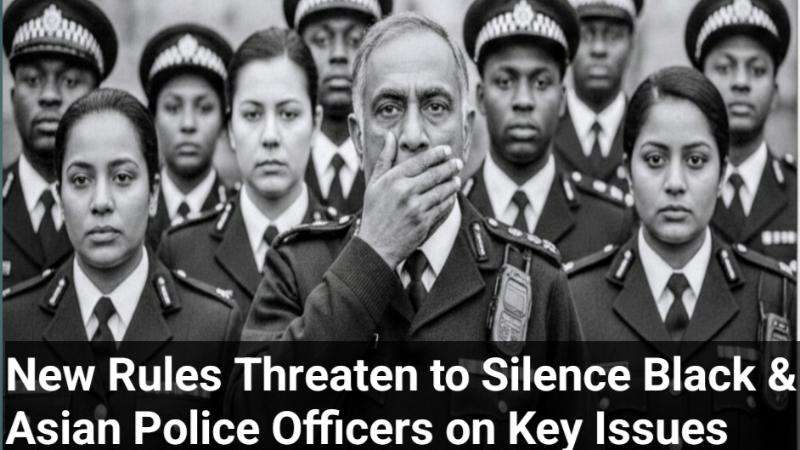
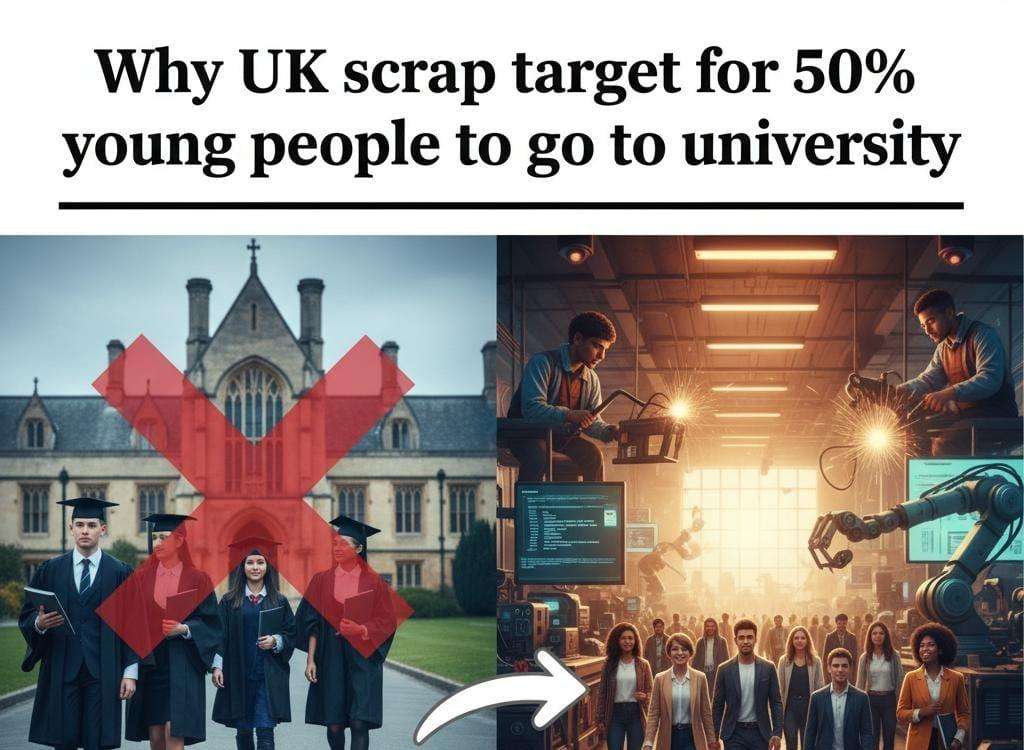
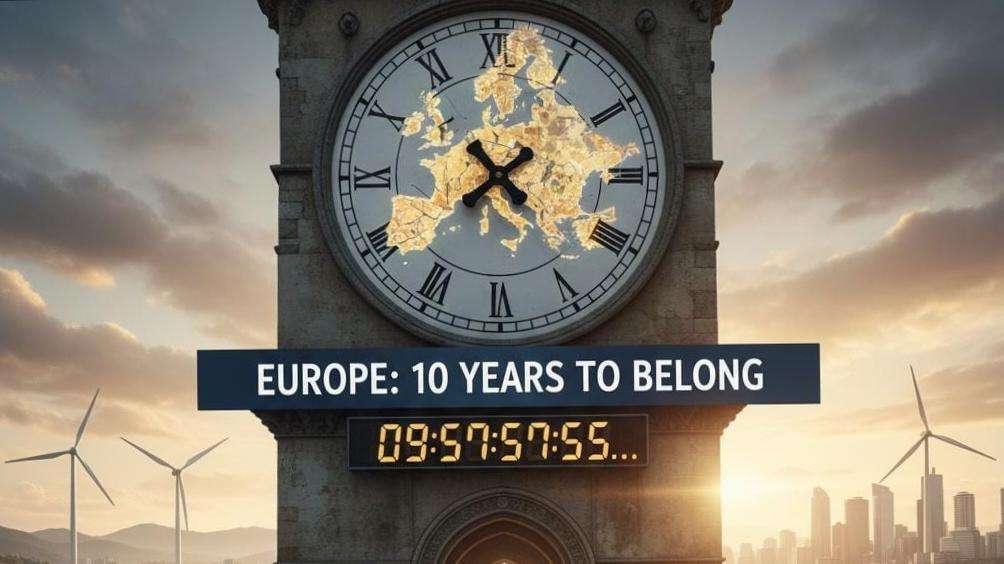
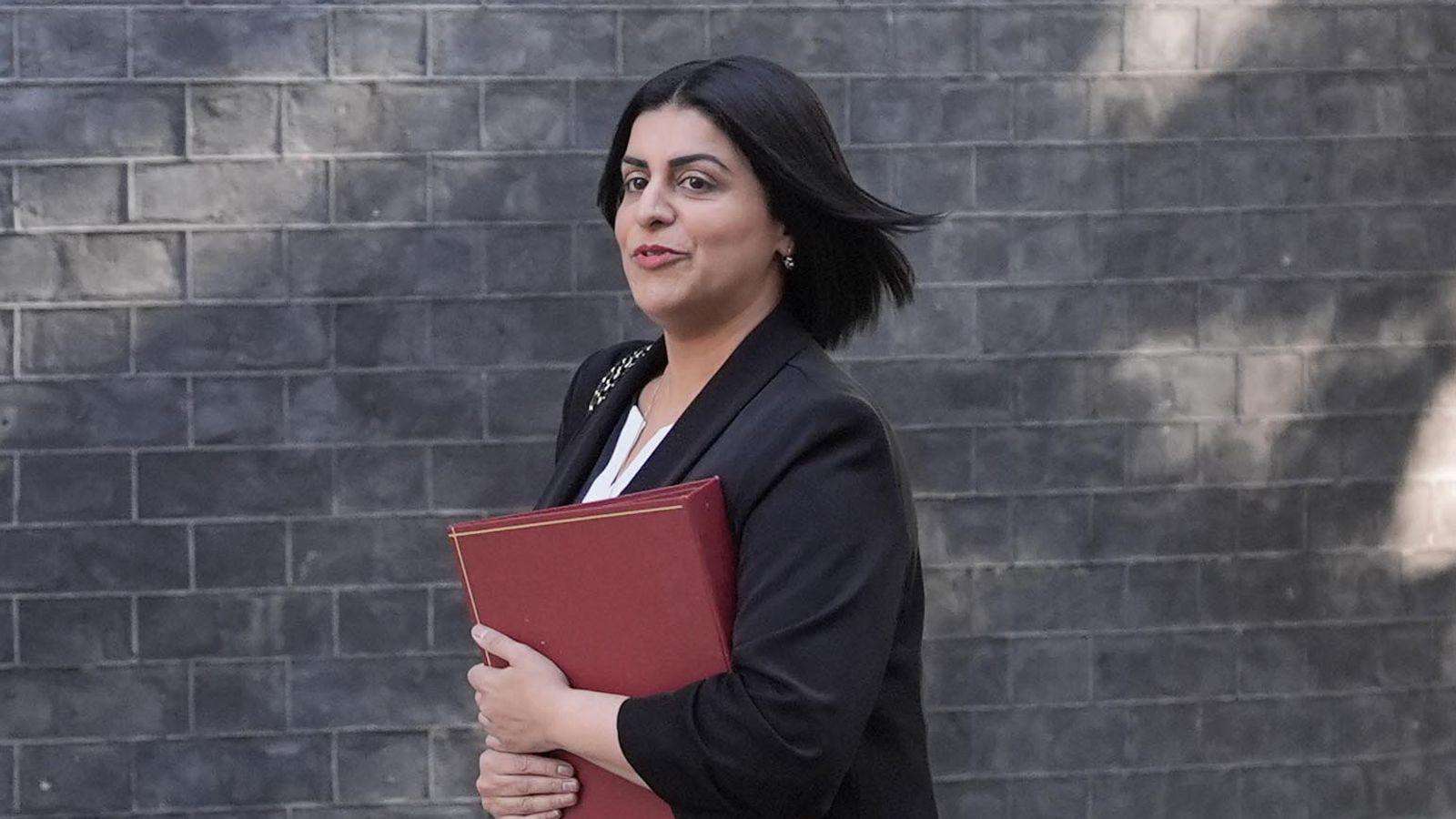


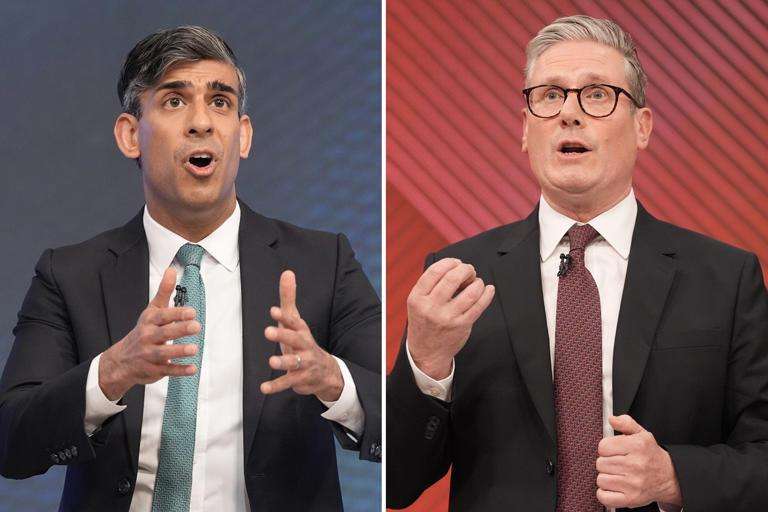
.svg)

